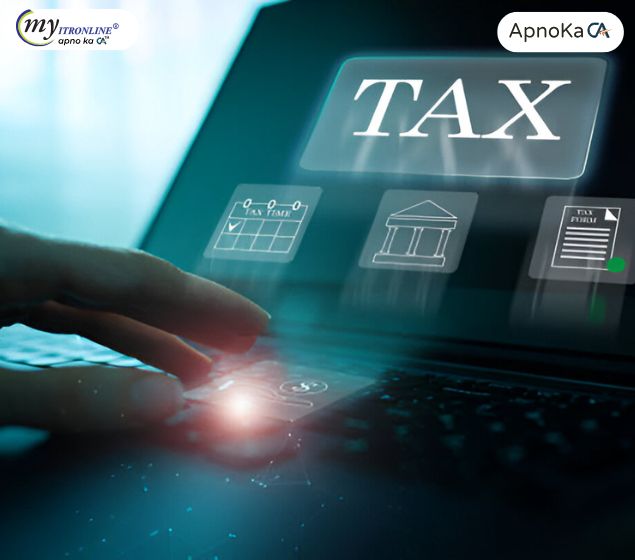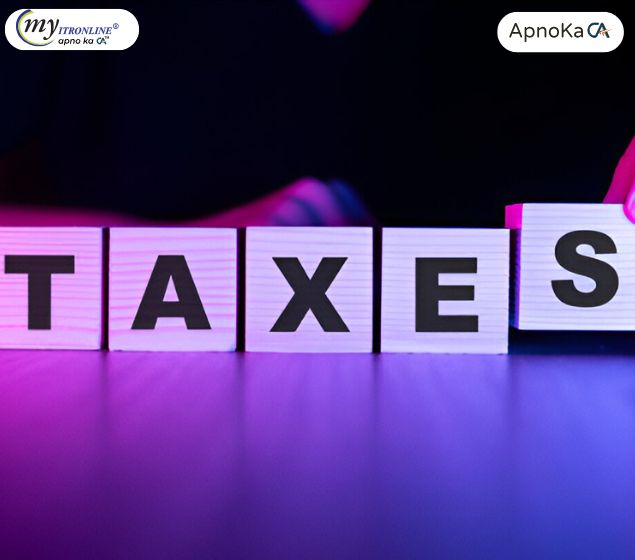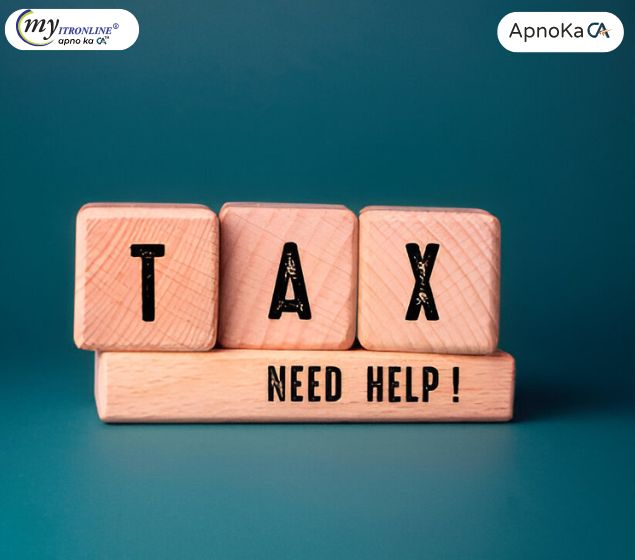# notice
12 posts in `notice` tag
.jpg)
The 1,50,000 Mistake: Why Filing Under 44AD Instead of 44ADA Could Wreck Your Finances
This blog post addresses a common but serious error made by professionals and freelancers who incorrectly file their income tax returns under Section 44AD (for businesses) instead of the appropriate Section 44ADA (for professionals). It explains the fundamental differences between the two sections, how the Income Tax Department's AI systems detect this discrepancy through TDS mismatches and unusually low-profit declarations, and the severe consequences that follow, including mandatory audits and multiple financial penalties. The article concludes by offering a clear, step-by-step guide on what to do if you receive a notice for this mistake, emphasizing the importance of consulting a professional and taking prompt corrective action.

PAN-Aadhaar Linking: CBDT Offers Major Relief on TDS Demand Notices (2025 Update)
In a major relief for Indian taxpayers, the Central Board of Direct Taxes (CBDT) has waived demands for short TDS deduction arising from payments to inoperative PAN holders. This addresses the widespread issue where deductors received tax notices for not applying the higher TDS rate mandated for unlinked PANs. This blog details the conditions of this relief as per CBDT Circular No. 9/2025, outlines the crucial deadlines like September 30, 2025, and explains the actionable steps for both deductors and deductees to benefit from this waiver and ensure future compliance.
.jpg)
Important Update for Cancelled Composition Taxpayers Regarding GSTR-3A Notices!
This blog post discusses a common issue for composition taxpayers whose GST registration was canceled before April 1, 2024, or who have already submitted GSTR-4 but received GSTR-3A notices. It explains that these notices result from a system error and can be ignored by the taxpayers affected, meaning no further action is needed. The post also provides guidance on how to raise complaints about other GST-related problems.

ITR-B Online: New Ease for Section 158BC Notices
This blog post details a significant update for taxpayers who have received a notice under Section 158BC of the Income-tax Act, 1961. It explains that Form ITR-B, a special return for undisclosed income found during past search and seizure operations, can now be submitted conveniently through the Income Tax portal's e-Proceeding tab. The article clarifies what a Section 158BC notice entails, highlights the benefits of online submission (convenience, efficiency, transparency), provides step-by-step guidance, and emphasizes the crucial role of professional advice for these complex assessments.
.jpg)
Income Tax Notice under Section 143(2): Meaning, Scrutiny Process, Deadlines & Response Guide
Have you received a notice under Section 143(2)? Don’t panic. This blog explains what it means, why it’s issued, the deadlines to track, and how to respond effectively ensuring you're well-prepared for any scrutiny with confidence.

Income Tax Notice: Decoding Section 142(1) for Missing Deductions in Your ITR
This comprehensive blog post demystifies Section 142(1) notices from the Income Tax Department, specifically when issued for missing or incorrect deductions in your ITR. It explains the purpose of such notices, common reasons for their issuance (like Form 26AS/AIS/TIS mismatches or lack of supporting documents), and provides a step-by-step guide on how to prepare an accurate and timely response. The post also highlights the severe consequences of non-compliance and offers valuable tips for prevention through meticulous record-keeping and thorough ITR review.

ITR Scrutiny Notice u/s 143(2) for AY 2024-25: Don't Panic! Your Step-by-Step Guide to Responding
The Income Tax Department has begun dispatching scrutiny notices under Section 143(2) for AY 2024-25. This blog provides a detailed guide on understanding these notices, common reasons for their issuance, a step-by-step response strategy, and essential tips to prevent future scrutiny, ensuring taxpayers can navigate the process effectively.

No DIN, No Problem! Your GST Notices Remain Valid.
The CBIC has clarified that GST notices from the official portal are now valid with a Reference Number (RFN), even without a separate Document Identification Number (DIN). The RFN serves as a unique identifier, making the DIN redundant for these digital communications. This move aims to reduce confusion, simplify verification, and emphasize digital communication. Taxpayers can use the RFN on the GST website to authenticate notices. Caution is advised for notices received without a DIN via other channels.

HRA in the New Tax Regime: What You Must Know to Avoid Notices
This blog demystifies the treatment of House Rent Allowance (HRA) under India's New Tax Regime. It clarifies whether HRA is exempt, outlines its impact on your tax filing process, and provides crucial advice on how to navigate the changes to avoid receiving tax notices. Learn the key differences from the old regime and ensure your tax compliance is seamless for the current financial year and beyond.
.jpg)
Don't Miss Out! Maximize Section 87A & Claim Every Deduction in Your FY 2024-25 ITR
Maximize your savings and simplify your ITR filing for FY 2024-25! Discover how to effectively utilize the Section 87A rebate and navigate the complexities of deductions under both the old and new tax regimes. This essential guide empowers you to make informed choices, accurately claim every eligible deduction, and confidently file your ITR to prevent any unwelcome tax notices.
.jpg)
Got an Income Tax Notice? A Salaried Professional's Definitive Guide
Receiving an income tax notification can be intimidating, especially for salaried professionals. This comprehensive guide demystifies the reasons behind income tax notices in India, detailing common types (like 143(1), 139(9), 143(2), 148, and 156) and providing a step-by-step approach on how to respond effectively. Learn about discrepancies in income/TDS, defective returns, high-value transactions, and best practices to prevent such communications.

our Guide to the Income Tax Intimation Password (Section 143(1))
This guide explains the purpose of an Income Tax Intimation notice received under Section 143(1) after filing your ITR. It details why the document is password-protected and provides the precise password format: your PAN number in lowercase followed immediately by your Date of Birth in DDMMYYYY format. Learn the step-by-step process to open the encrypted PDF, understand the calculation comparison within, and know what actions to take based on whether it shows a refund, demand, or no change.
